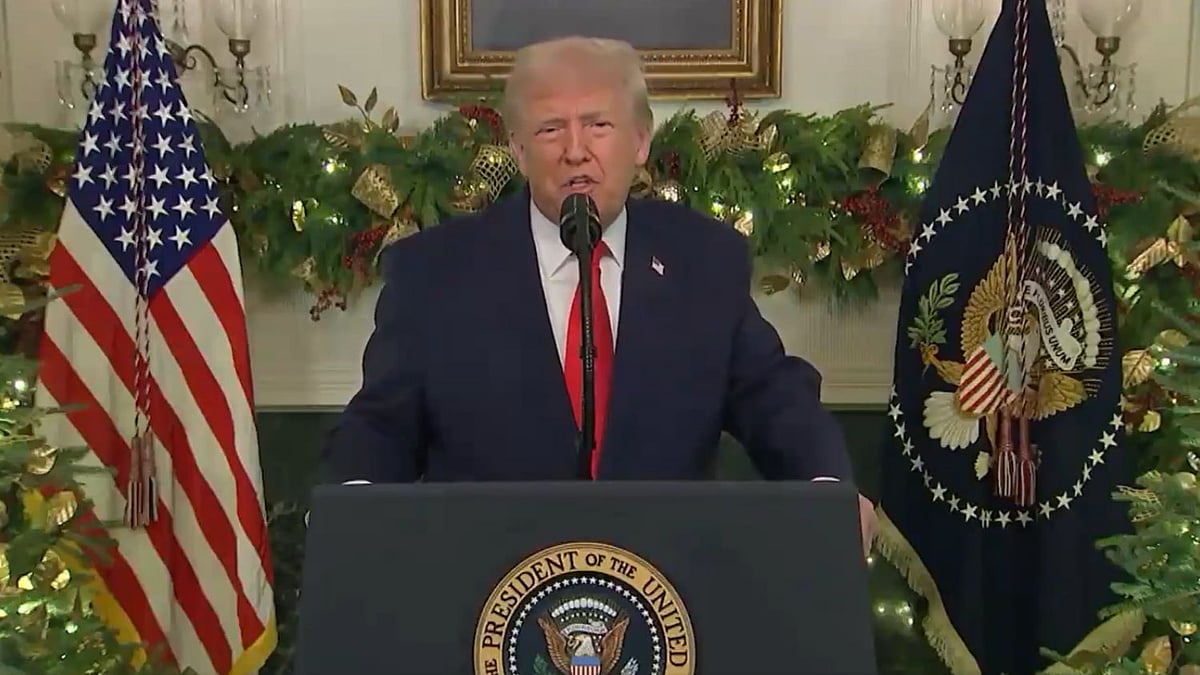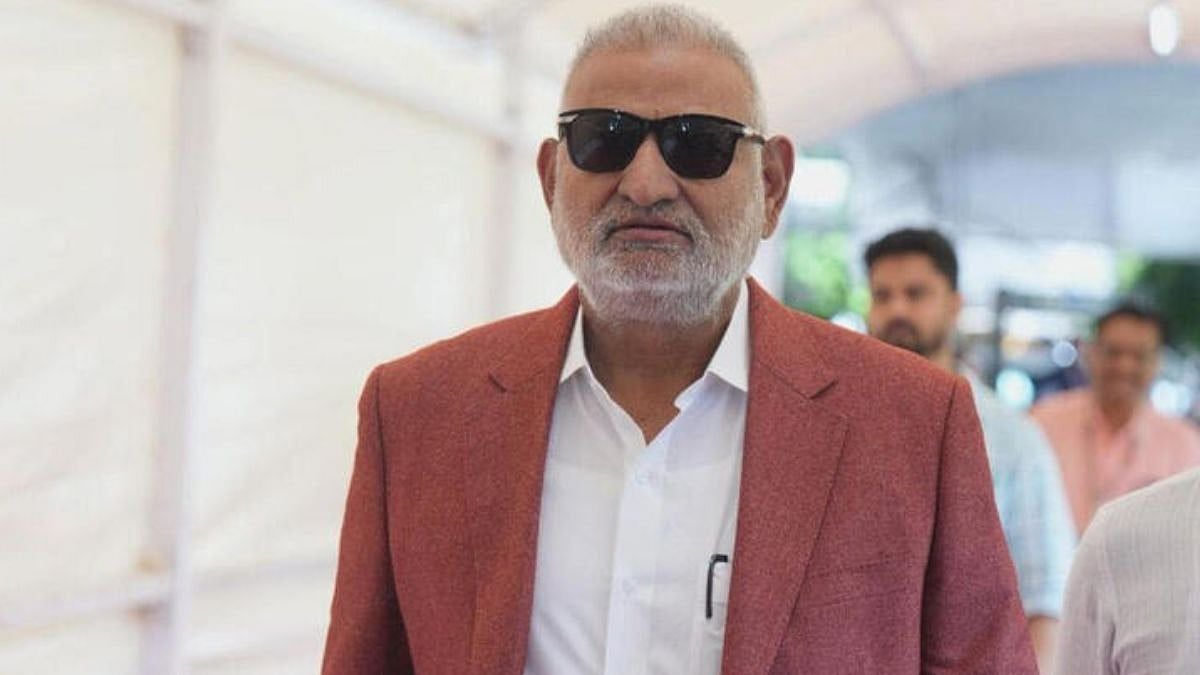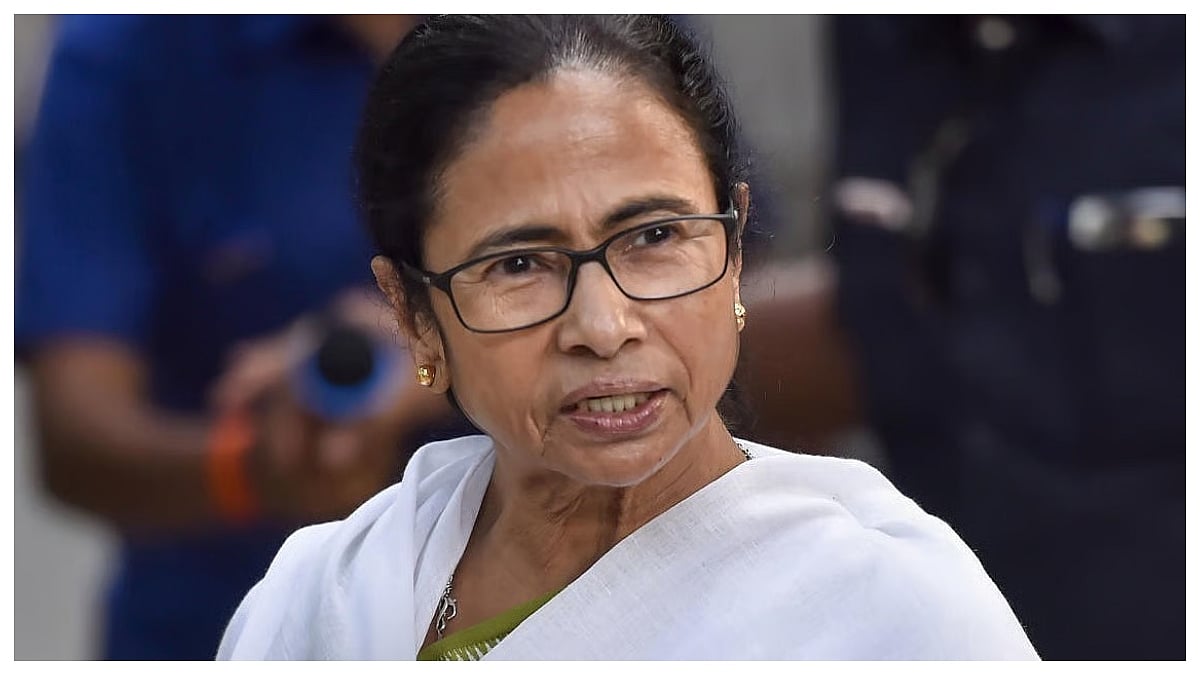There was a time when a few students mainly from wealthy elite families used to go abroad for further studies. However, in the current era of what we call the global village, going abroad for studies, employment and even to settle down (migration) has become all too common. But with family and friends back in India, most of these ‘new NRIs’ continue to remain in touch with their roots and homeland. Also, India provides a very attractive investment destination – the property and stock markets are a favourite with NRIs – not to mention the high interest rates that bank FDs offer as compared to the rates available in the West.
More often than not, the parents of such NRIs help / facilitate their (the NRIs’) investments and other financial dealings in India. Also the parents themselves are sent regular remittances to help defray their day to day expenses etc. Lastly all NRIs and their parents are concerned about succession planning – with the children being away abroad, the apprehension is that the inheritance process should be smooth and trouble free.
In this context, it would be relevant for both the NRIs as well as their parents / relatives to be updated with the law as well as the recent amendments carried out in the same. Some time back, the Reserve Bank of India (RBI) had even appointed a committee of experts to review the current Indian regulatory framework with respect to NRIs / PIOs and identify areas where further streamlining and simplification of procedures is possible. The mandate of the committee was to recommend measures to remove operational impediments so as to make the liberalization measures more meaningful. The overall idea being to gradually move away from micro management and instead create a regulatory framework in harmony with the existing current account convertibility and the move toward the ultimate objective of full capital account convertibility.
That being said, the following are some of the key provisions of the law that both Residents as well as NRIs would do well to be aware of such that their dealings with India and Indian financial and regulatory environment is that much smoother.
Opening of FCNR account in any freely convertible currency
For a long time the designated currencies to open an FCNR account were Pound Sterling, US Dollar, Japanese Yen, Euro, Canadian Dollar and Australian Dollar.
Now the law permits banks in India to accept FCNR deposits in any foreign currency which is freely convertible.
The rationale for this move was that under current regulations which accepted only the above mentioned six currencies, NRIs/PIOs from other countries such as say Singapore, Hong Kong, New Zealand, GCC Countries etc. had to convert their remittances into the permissible currencies. In doing this, they had to bear exchange / swap loss and also incur additional bank charges. As the FCNR interest rate is regulated by the RBI, there was no downside risk in including other convertible currencies as such.
Permission to hold Joint Bank Accounts with Resident Close Relatives
NRIs/PIOs were earlier not permitted to open NRE/FCNR accounts jointly with an Indian Resident. After an amendment, joint NRE / FCNR accounts with a Resident Relative (Relative as defined in section 6 of the Companies Act, 1956) are allowed on a ‘former or survivor’ basis. The resident close relative shall be eligible to operate the account as a Power of Attorney holder during the life time of the NRI/PIO account holder.
Similarly, Indian Residents will be permitted to include Non-Resident Close Relative(s) (relatives as defined in section 6 of the Companies Act, 1956) as a joint holder(s) in their resident bank accounts on ‘former or survivor’ basis. However, such Non-Resident Indian Close Relatives will not be eligible to operate the account during the life time of the resident account holder.
The rationale for this change is that with globalization, the residentship status can change several times in any person’s lifetime. Furthermore the presence of a large Indian diaspora, with near relatives spread across the resident and non-resident divide, it makes little sense to prohibit the joint account holding between these two categories of individuals, at least for those that are close relatives.
Also, a very large number of residents have their children or kith and kin residing abroad. In any case, the RBI has been instructing banks to advise all their account holders about the benefits of opening joint accounts on an “either or survivor” basis and yet if a family member is a non-resident his/her name could not be included as a joint holder. Such a restriction was deemed irrational in the current scenario. Now, Indian Residents would have assurance and a degree of comfort that a joint account provides that their NRI/PIO children or close relative will be able to get ownership of the account without any hassles.
Students going abroad are allowed to open NRE / NRO accounts
This is not so much an amendment but a provision in the law that was always there but most people somehow aren’t aware of it. The FEMA law designates students intending to go abroad for further studies as NRIs. This is based on their visa. And yes, they can open NRO or even NRE accounts. In fact, they should not have Resident Savings accounts in India, they should be having their own NRO account. Also transferring funds becomes that much simpler for the parents – they do not have to send money to their children – they can merely transfer the funds to their child’s NRO account (possibly in the same bank) and then the student can simply avail of the money through netbanking. Also as NRIs, even students are eligible to transfer up to USD 1 million abroad every year. We know, for most people, this limit will be way too much – however, we are just apprising readers of how liberal the limits are. Not only can the student transfer funds to his or own self, because of the high limit, even inheritance issues are not a deterrent were to unfortunately arise when the student is abroad.
The authors may be contacted at wonderlandconsultants@
yahoo.com








